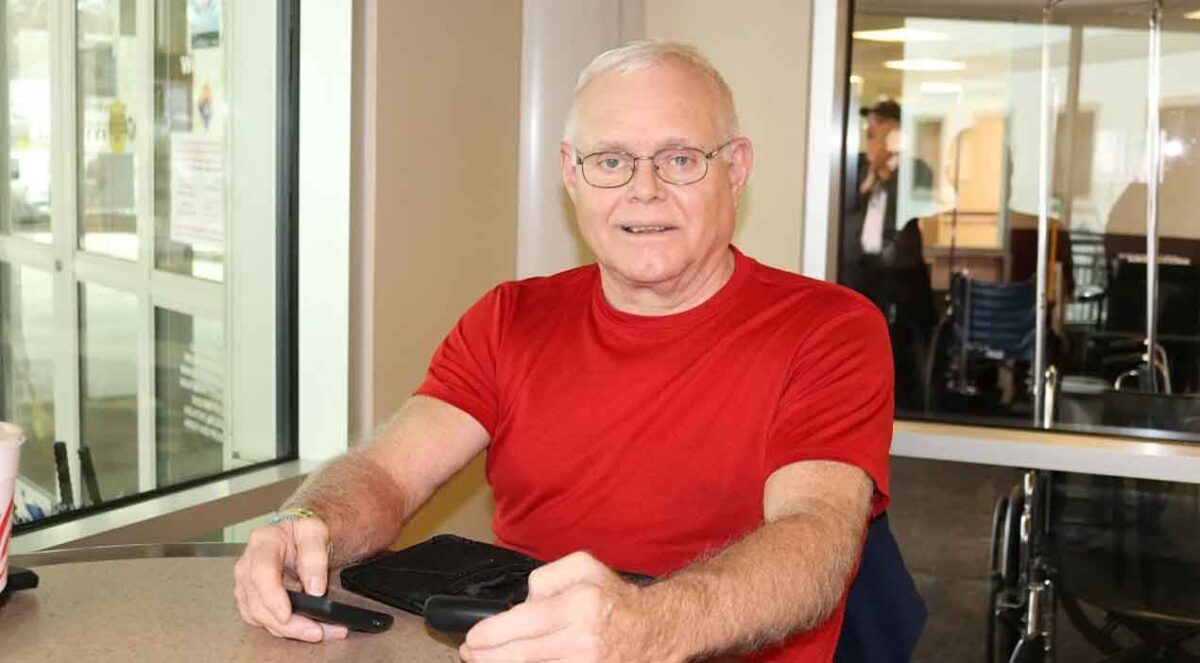Type 2 diabetes is often preceded by prediabetes. Prediabetes occurs when your blood glucose levels are higher than normal but they are still too low to be flagged as full-blown diabetes. By knowing what symptoms come with prediabetes indicators, you can make lifestyle changes to significantly reduce risk of developing type 2 diabetes.

Detecting prediabetes
Here’s the tricky part: there are no significant signs that pint to prediabetes. However, if you show symptoms of diabetes or if diabetes runs in your family, then consider talking to a doctor. Evidence of type 2 diabetes includes:
- Fatigue
- Excessive thirst or hunger
- Frequent urination
- Sores that won’t heal
Also look out for darkened areas of your skin on your neck, armpits, elbows, knees, and knuckles. This might indicate that your blood flow is restricted.
Start tracking diabetes early
If you are worried about developing type 2 diabetes, it is important to get ahead of the disease early. Having prediabetes does NOT mean you will automatically advance to having type 2 diabetes. The same activities-or lack of activities- that increase a patient’s risk of getting type 2 diabetes will also increase the risk of prediabetes.
Find a routine now
It is imperative that you maintain a healthy weight. When you have a lot of fatty tissue, it can make it more difficult for your cells to absorb insulin. But, if you’re struggling with your weight, you don’t have to work on weight loss alone. Our team at Logansport Memorial Hospital can help you develop a customized plan for getting back to a healthy weight.
Equally important is to understand the risks from genetics. the risks of developing increase substantially if a parent or sibling has type 2 diabetes. If you don’t already know your family medical history, it is time to ask questions and have those answers with you when you see your doctor.
Find a doctor who listens
It’s never a bad time to seek a medical opinion about prediabetes symptoms. If you are concerned about developing type 2 diabetes, visit our diabetes education page. It has many resources to educate and help you fight diabetes.
When it is time for a discussion on diabetes, look to us. Make an appointment with our Diabetes Care Coordinator Jill Weese. She can discuss individualized treatment and how to manage a healthy, fulfilling life with diabetes. To make an appointment, call (574) 753-1339.





